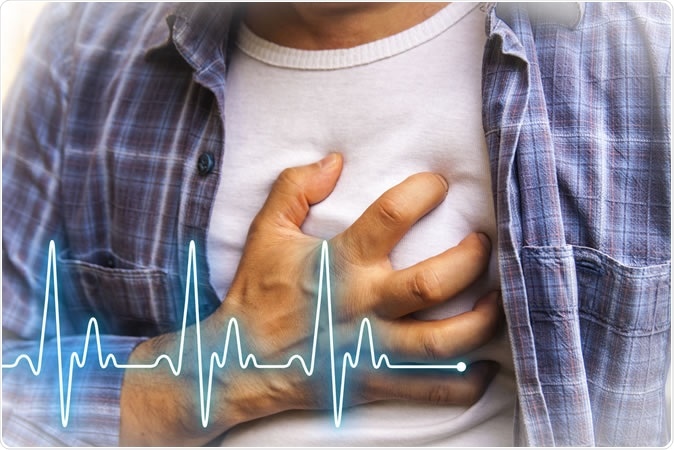
As an early sign of cardiovascular illness, microvascular endothelial dysfunction (MVE) has been related to a more than twofold risk of cancer. At the Mayo Clinic, researchers followed 488 individuals with heart disease over the course of at least 12 years. European Journal of Preventive Cardiology published the study. The senior author of the study, Amir Lerman, a Mayo Clinic cardiologist, indicated that microvascular endothelial dysfunction could be a useful diagnostic for predicting the threat of solid-tumor malignancy, as well as its proven capacity to predict more advanced cardiovascular illness.
“The study demonstrates that noninvasive vascular function evaluation could predict the potential development of cancer,” Lerman concluded. More research is needed, but it’s possible that measuring a person’s vascular function might help forecast their risk.” Damage to the heart’s tiny artery walls appears to be a component of microvascular endothelial dysfunction, which limits the flow of oxygen-rich blood. Chest discomfort is one of the symptoms, and the reasons include high cholesterol, hypertension, diabetes, and obesity. Curable, yet difficult to identify, are the symptoms of this disease. During the study’s follow-up phase, solid-tumor malignancy was found in 9.5% of patients with dysfunction. After correcting for gender, age, CAD (coronary artery disease), and other variables, the results remained consistent.
Patients with chronic renal disease are more likely to suffer from catastrophic cardiovascular consequences, according to a recent study. According to recent study from Mayo Clinic, chronic renal disease, which affects around 6.4 percent of US individuals 45 and older, is associated with an increased risk of heart attack and other catastrophic cardiovascular consequences. An analysis of 1,981 individuals cured of chronic renal disease by Mayo Clinic between 1997 and 2000 found that these patients had significantly higher cardiac biomarkers and were at greater risk of congestive heart failure, heart attack and stroke as well as other serious cardiovascular events.






